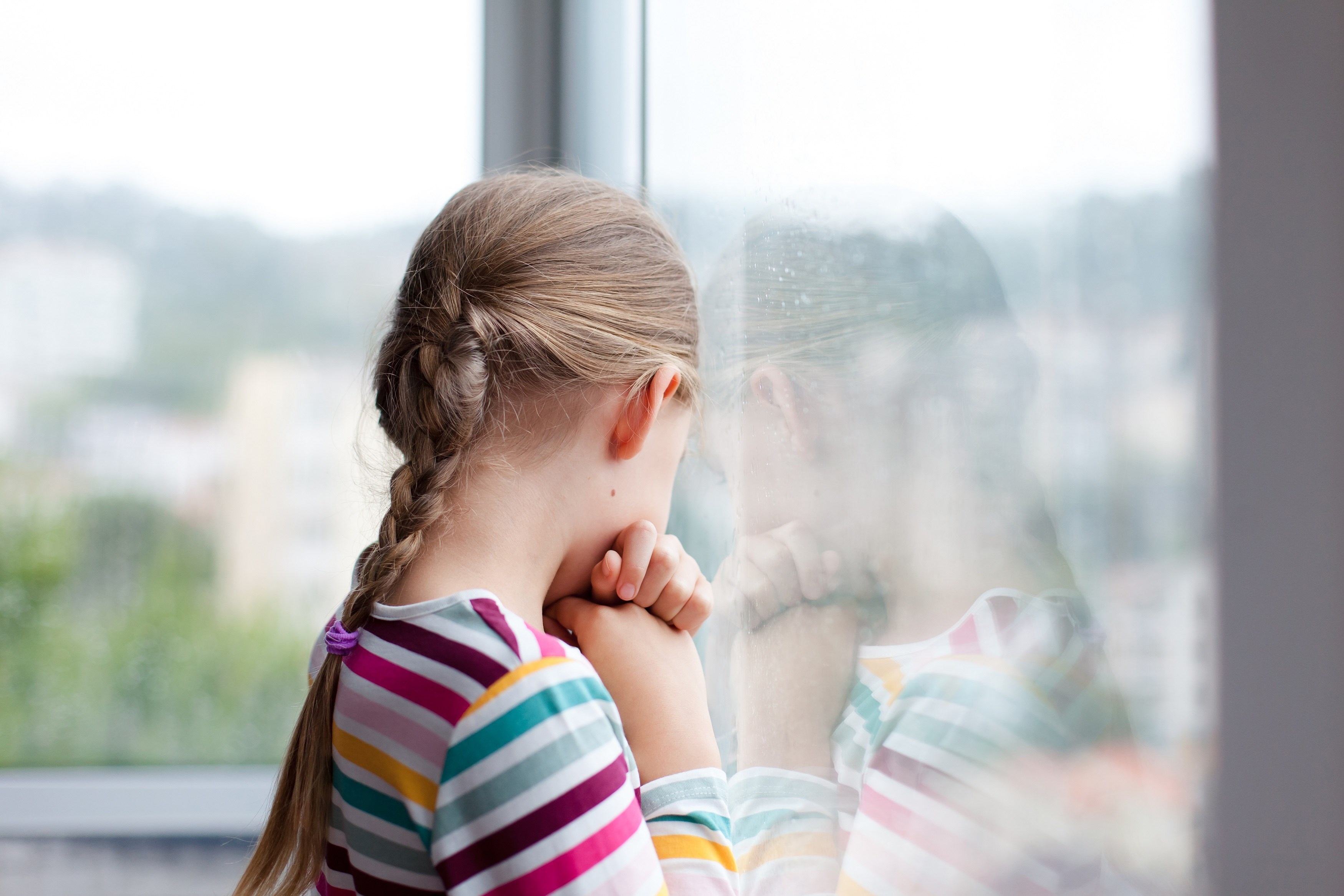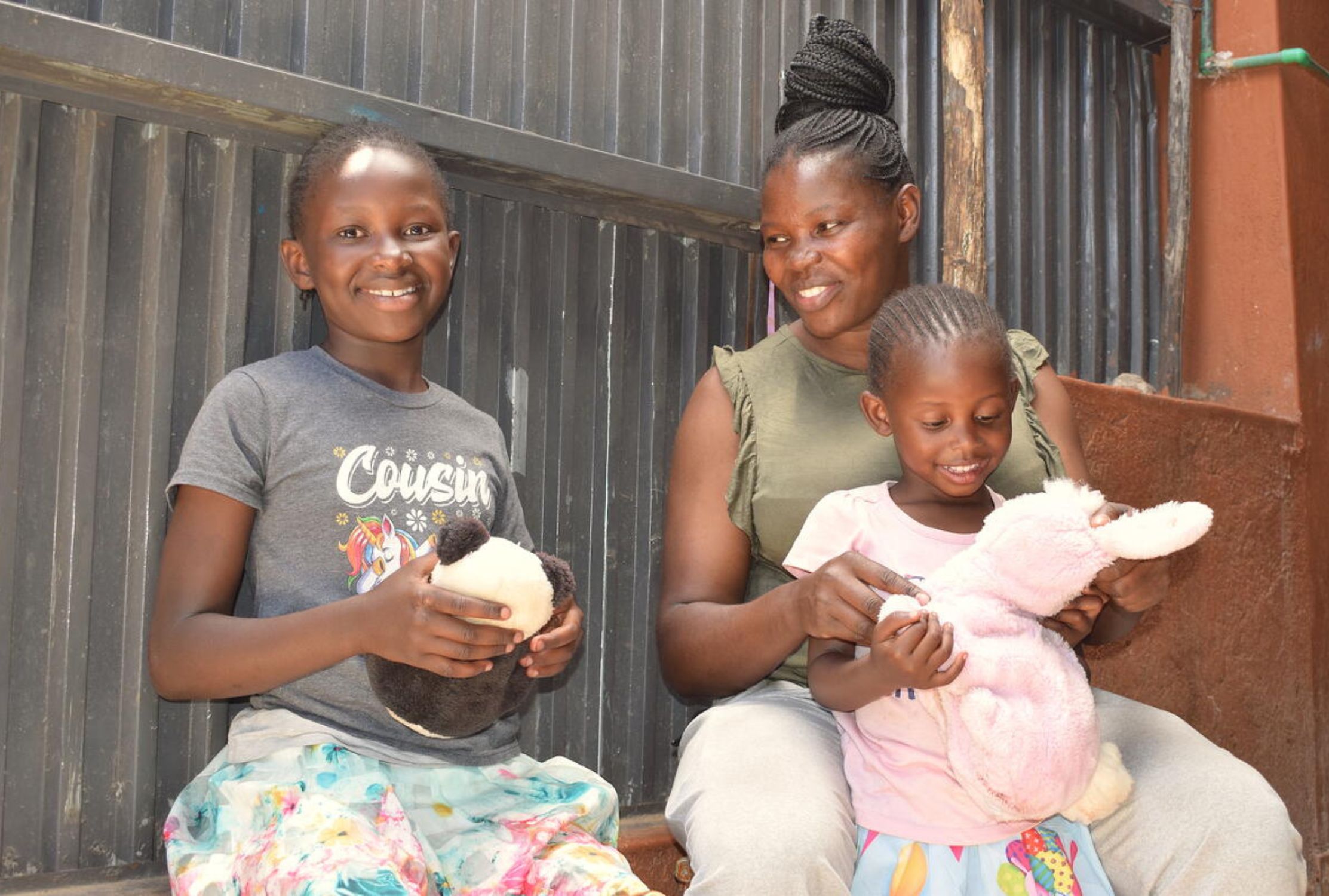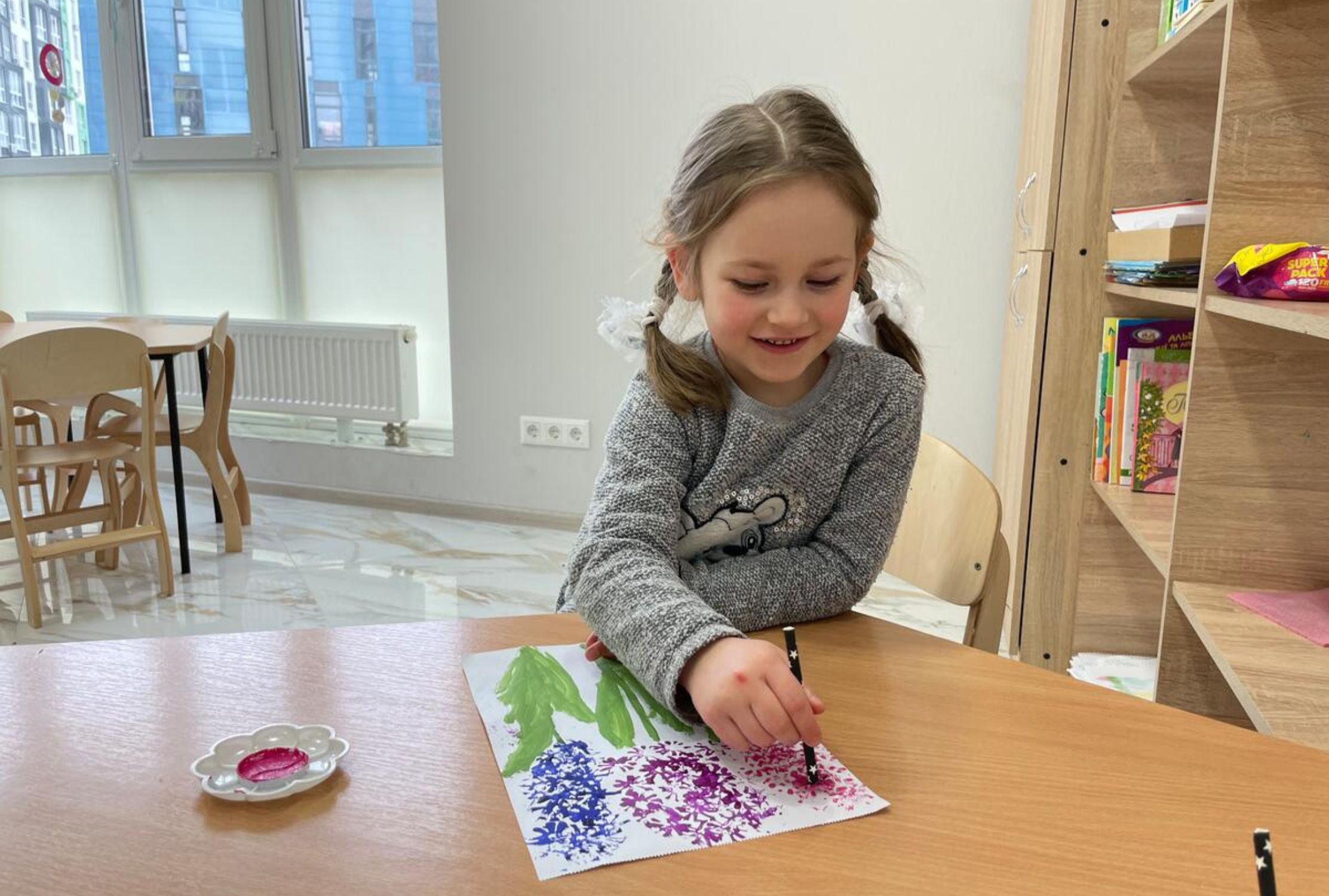
How to help a child who is worried
Discover tips for reducing children’s nervousness and anxiety.
Children can have worries about many things, from studying for exams at school to worrying about the current events that they see on the TV. There are plenty of things that can occupy a child’s mind. However, whatever is causing a child to feel anxious, there are things we can do to help them onto a more positive path.
Through our work as a children’s charity, we help children and young people all over the world living in some of the harshest conditions. Our community-led child sponsorship schemes mean that, for every sponsored child, we are able to help four more children and ease their worries and the challenges they are experiencing.
In this article, we share a range of tips and advice to implement at home for helping a child who is worried.
How to help a child who is worried

Make sure they have a “safe place”
Ensure your child has a safe environment in which they are comfortable to express themselves. In the home, this can mean making sure they have their own space in their room, even if they share it with a sibling, which they feel ownership over. It can also mean that when they are talking to you, there are no distractions, so turning off TVs and background noise and putting phones away is a must. Helping their home feel like a space where they feel noticed and not drowned out can go a long way towards reducing their worry.
Thanks to the support of donations, we work with vulnerable children around the world and set up Child-Friendly Spaces where children and young people can express themselves through art and play with other children. These safe spaces can be essential for children displaced from their homes and living in refugee camps.
READ MORE: Why Child-Friendly Spaces are vital
Listen actively and talk honestly
Communication will be key to tackling worries. It is essential that you are listening actively and talking honestly. As well as making sure this is done in a safe and distraction-free zone, you should try to take in what a child is telling you and not dismiss it. Although their concerns might seem small and trivial to you, they’ll be impacting them in a large way and should always be treated as important.
While encouraging the child to be open, you should ensure you’re also sharing openly and honestly too. It can be tempting to try and shield our little ones from things we think will upset them, but this can result in them feeling as though you aren’t giving them the full truth and could amplify their concern. Making sure to give honest (but age-appropriate) feedback can be essential in managing their fears.

Give them outlets for self-expression
It's important for children to feel happy and comfortable talking to you about their worries, but it is also important that they have the facilities to work through them alone. This will help them learn emotional regulation skills and can also give them an outlet for self-expression. You can help them access arts and crafts supplies, encourage writing and journaling or sign them up for a sports club.
These outlets can help children deal with their emotions in a healthy way and help them to build their identities in the long term. Introducing these teaches them about the importance of making time for themselves and prioritising their hobbies and “me time”.
READ MORE: The impact of having a pen pal as a child
Ensure they have a familiar routine
Routines offer predictability and familiarity for a child who is dealing with worry. When an established routine is in place, a child will feel more in control of their lives, and they’ll feel more secure and more engaged. They’ll be able to understand how their days are going to go, taking the element of surprise from their days.
Having an established bedtime routine is also a very important thing to introduce if you haven’t already. A bedtime routine helps improve a child’s mood and helps with their emotional-behavioural regulation. We all know how rubbish we can feel after a bad night’s sleep, so trying to avoid adding that feeling to a child’s existing anxieties is important.

Consider their access to the internet
A modern-day problem that should be considered is whether a child’s access to the internet might be perpetuating their worries or anxiety. For children with their own smartphone or tablet, it can be hard to know how much to monitor usage, but if it feels like it might be affecting their mental health, it can be time to step in.
Depending on the impact their phone is having, you can look at adding time restrictions so that they are only allowed an hour or two a day at a predetermined time. You could also consider removing certain apps that are causing the most issues or even removing the phone altogether.
Seek professional help
A child’s worries and anxieties can reach a point where seeking professional help is necessary. When worries are making a normal, day-to-day routine impossible and their wellbeing is being impacted, then looking for outside help is essential.
Setting up a meeting with a mental health professional can give the child space to talk openly and freely with someone who is able to coach them through their feelings in a professional manner. A therapist or counsellor will also be able to identify whether there is an underlying issue that might be either causing or exacerbating feelings of nervousness.
Help children living in worry every day
All children deserve a happy and worry-free life in which they can be a child, but many are living through crises, such as hunger and conflict, which cause every day to be a challenge. Our work means that every 60 seconds, a family gets water, a hungry child is fed, and a family receives the tools to overcome poverty, but we can only do this work with your support.
From a one-time charity donation to buying a charity gift, there are a lot of ways you can help us on our mission. Want to get involved? Sign up for our newsletter to stay updated and learn more about how you can help vulnerable children living the hardest places.



